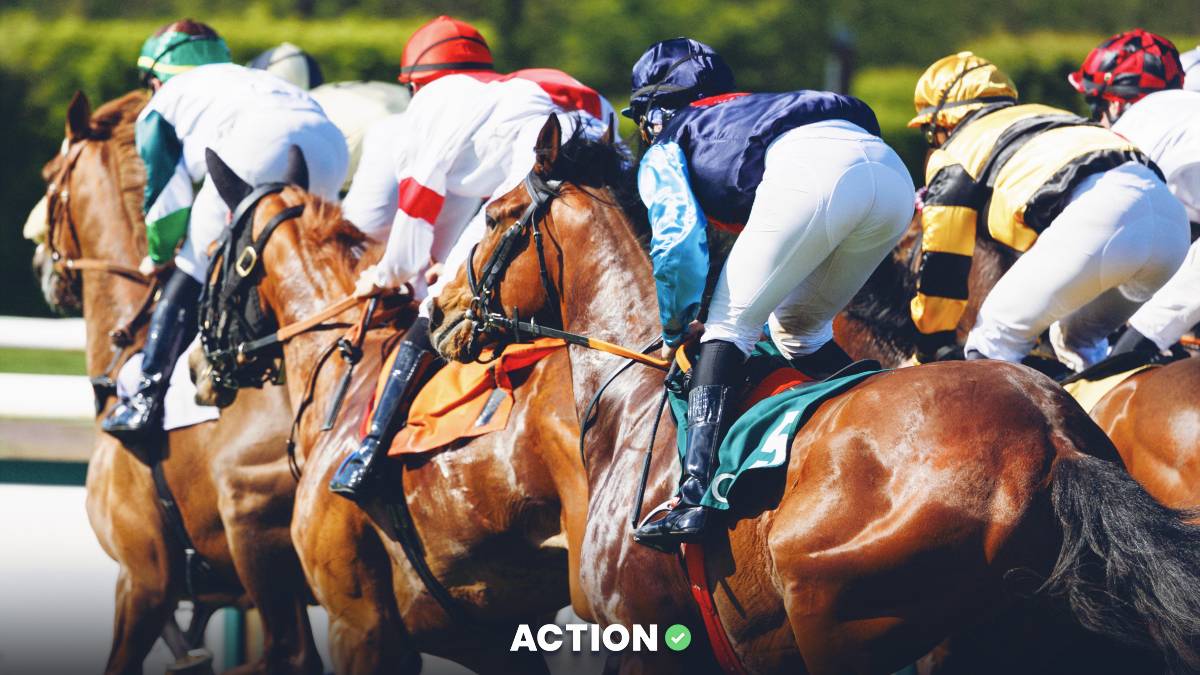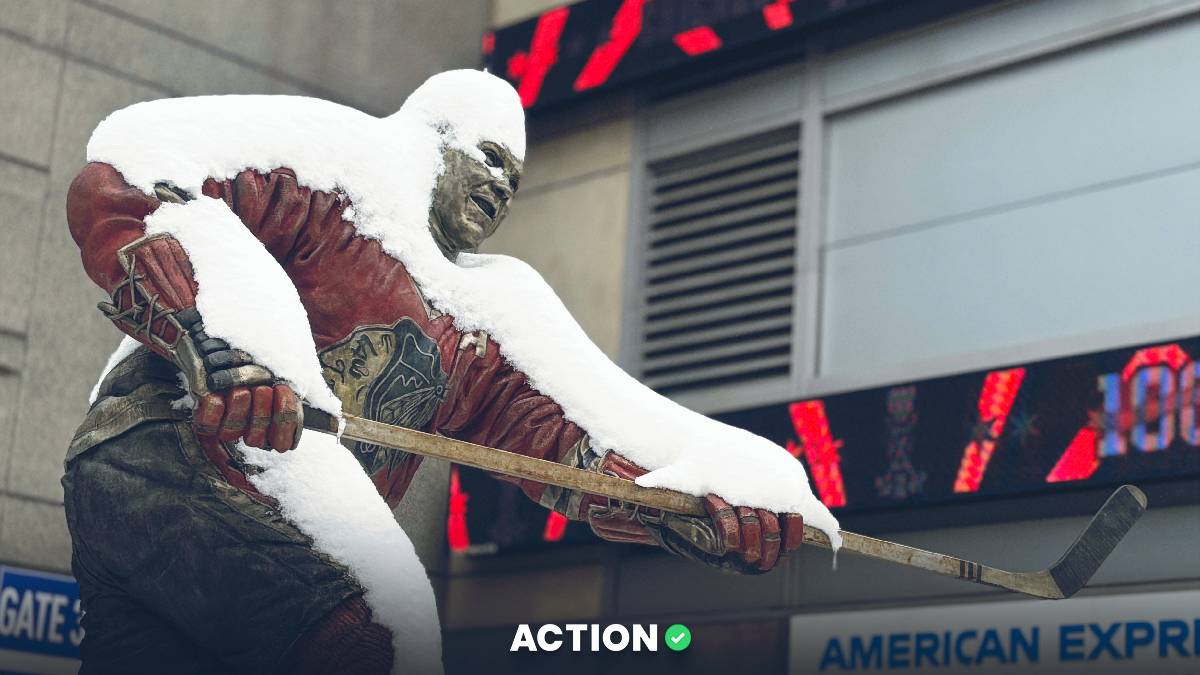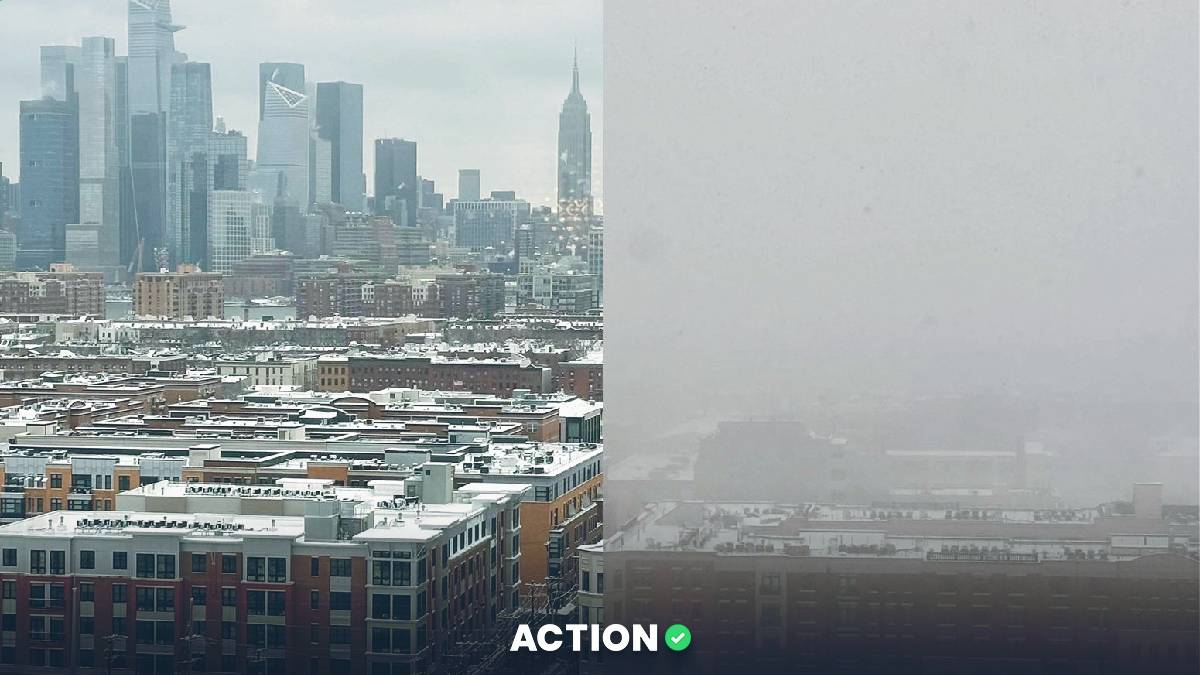The horse racing nation is closely watching this unfolding legal drama.
Hagens Berman has filed a class-action lawsuit that puts some of the biggest names in U.S. horse racing under scrutiny, and not for positive reasons.
The lawsuit alleges that these industry leaders have colluded to manipulate betting pools, giving insiders using computer-assisted wagering (CAW) platforms an unfair edge while everyday bettors lose out.
We're just hitting the first turn in this legal battle, which comes on the heels of the arrest of an NBA head coach and player in a gambling investigation.
The Heart of the Allegations
At the core of these accusations are several prominent racetrack owners and betting services.
Among the defendants are Stronach Group Inc., Churchill Downs Inc., and the New York Racing Association (NYRA). They are joined by entities like United Tote and Racing and Gaming Services, all of which hold significant stakes in two major CAW platforms: Elite Turf Club LLC and Velocity.
| Defendant | Alleged Role |
|---|---|
| The Stronach Group (TSG) | Owns major racetracks and 80% of the Elite Turf Club CAW platform. Allegedly provides insider CAW access and favorable terms, enabling massive algorithmic wagering and privileged pool access for Elite Turf Club users. |
| Churchill Downs Inc. | Operates Churchill Downs Racetrack and holds full ownership of the Velocity CAW platform and majority of United Tote. Alleged to facilitate high-speed CAW betting through preferential rebates, technology, and direct pool access for insiders. |
| New York Racing Association (NYRA) | Nonprofit governing Belmont, Aqueduct, and Saratoga Race Tracks. Owns 20% of Elite Turf Club and 49% of United Tote. Accused of enabling CAW platforms with data feeds, discounts, and technological advantages to favored bettors. |
| AmTote International | Stronach subsidiary that acts as a clearing house for US pari-mutuel wagering. Allegedly supports privileged wagering transactions for Elite Turf Club and CAW operations. |
| United Tote | Technology supplier (majority owned by Churchill Downs, minority by NYRA), accused of helping manipulate odds and facilitate insider wagers for CAW players. |
| Racing & Gaming Services | Offshore (St. Kitts) CAW platform named for allegedly providing privileged pool access to high-volume computer-based bettors |
The lawsuit claims these organizations have used their technical advantages, including sophisticated algorithms and privileged pool access, to funnel billions away from regular bettors.
Legal Framework and Claims
The lawsuit leans heavily on the Racketeer Influenced and Corrupt Organizations Act (RICO), a federal law traditionally used against organized crime.
The plaintiffs argue that the defendants engaged in racketeering by manipulating betting pools and running illegal gaming operations. Additionally, the lawsuit raises concerns under state laws, including conspiracy, unjust enrichment, and conversion related to gambling operations.
Specific claims in the lawsuit include:
- Pool Rigging Enterprise: Accusing the defendants of running an illegal business that manipulates betting pools in their favor.
- Financial Gains and Restitution: Seeking repayment of financial gains made through this allegedly rigged system.
- Conspiracy: Charging the defendants with orchestrating a plan that harmed everyday bettors through collusion.
- Conversion: Alleging that bettors' funds were wrongly taken and should belong to the class members.
Having inside access allegedly allows them to manipulate odds and reap greater financial rewards, in a scheme described as the opposite of Robin Hood, where the average bettors are at a disadvantage.

The Mechanics Behind CAW Advantages
CAW platforms are designed to leverage advanced technology, such as AI and algorithms, to place large wagers at favorable odds.
This often happens after regular bettors have placed their bets, giving insiders an edge. The lawsuit claims these groups negotiate favorable terms, like rebates and lower fees, allowing them to play high volumes with minimal risk – a luxury regular bettors cannot afford.
It's alleged that these practices have resulted in profits nearing $4 billion for CAW insiders, funds the plaintiffs argue should have stayed within the broader pool of retail bettors.
This situation is reminiscent of the 2002 Breeders’ Cup betting scandal.
Back then, a programmer named Chris Harn, who worked for the company Autotote, used his inside access to change Pick Six bets after four races had already been run. He teamed up with Derrick Davis and another partner to make sure they had winning tickets, earning them over $3 million. They were eventually caught and all of them were sent to prison for fraud.
The Horse Racing Nation Waits For What Lies Ahead
If you're a regular bettor who has placed wagers against pools dominated by CAW platforms, you might be eligible to join the lawsuit.
Hagens Berman is pursuing compensatory and treble damages under RICO in the U.S. District Court for the Eastern District of New York. Their aim is to reclaim losses for affected bettors and challenge the legality of the current CAW-focused betting systems.
This case could have far-reaching consequences for the horse racing and betting industries in the U.S. It challenges the fairness of CAW-centric ecosystems and questions the ethical landscape of industry operators. As the lawsuit progresses, it promises to stir significant debate and scrutiny over betting practices nationwide.










